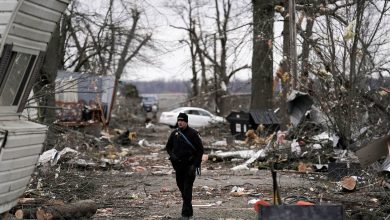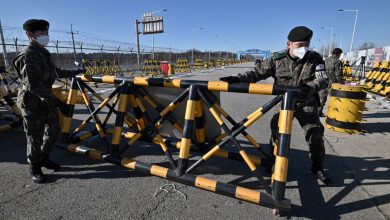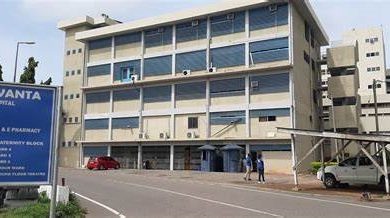Suicide bombings in Nigeria’s Borno state kill 18, injure 30
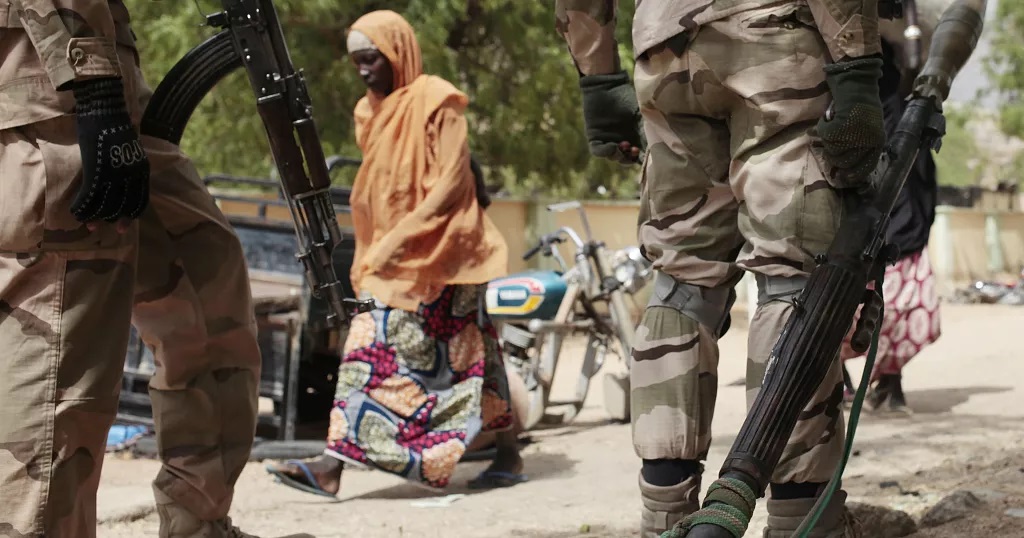
At least 18 people were killed and 30 injured in a series of blasts in Nigeria, believed to have been executed by female suicide bombers.
One attack claimed six lives and injured several others at a wedding ceremony on Saturday in Borno state.
The state’s emergency management agency reported that coordinated attacks targeted the wedding, the victims’ funeral, and a hospital in Gwoza, near the Cameroon border.
President Bola Tinubu condemned the attacks as “desperate acts of terror” and promised stern action against those responsible, stating, “The purveyors of wanton violence shall have a certain encounter with justice.”
He emphasized that these attacks are isolated incidents and insisted that recent gains against jihadists remain intact.
No group has claimed responsibility, but the Islamic State West Africa Province (ISWAP) insurgents have previously executed similar bombings in Borno.
Authorities confirmed 18 deaths, including children, adults, and pregnant women, though local media like Vanguard and This Day reported at least 30 fatalities. Injuries ranged from abdominal ruptures to skull and limb fractures.
A curfew has been imposed by the military.
Amnesty International Nigeria called for an end to attacks on civilians, saying, “These deplorable attacks that took place at a time people were mourning demonstrate complete disregard for human life.”
The US Mission in Nigeria described the attacks as “horrific,” highlighting the “cruel and heartless disregard for human life” and the ongoing terrorist threat in the region.
In the past four months, Borno state has faced similar attacks involving suicide bombers and improvised explosive devices.
The state has been the epicenter of a 15-year insurgency by Boko Haram, displacing over two million people and killing more than 40,000. Boko Haram gained international infamy in April 2014 by kidnapping over 270 schoolgirls from Chibok in Borno state.
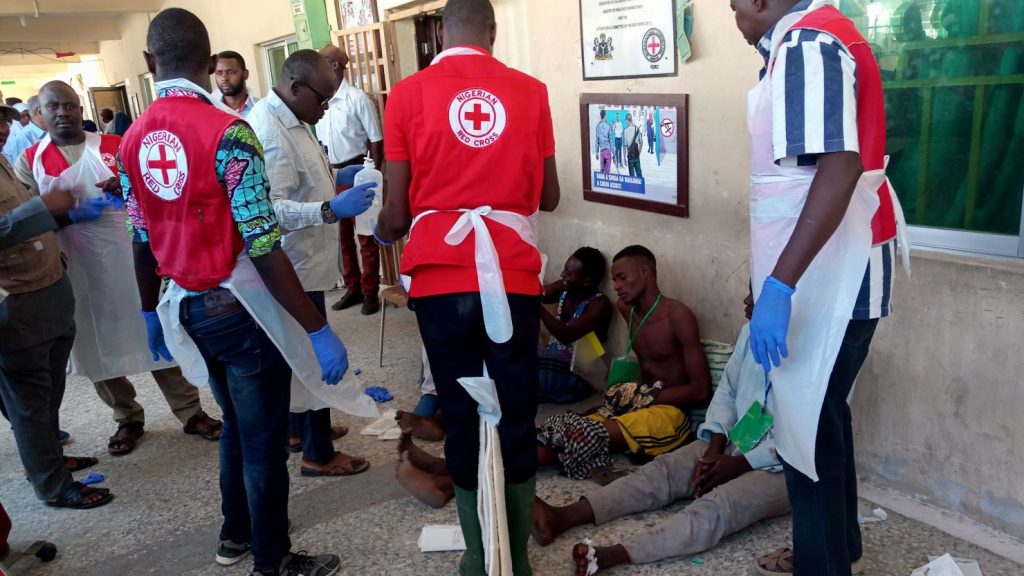
The group deployed its first female suicide bomber just three years after its first male suicide bomber, and some speculate that some female bombers may be the missing Chibok girls.
Studies indicate Boko Haram has used more female suicide bombers than any other group, often exploiting their ability to hide explosives under hijabs.
Gwoza was captured by Boko Haram in 2014 but was retaken by Nigerian forces in 2015. However, the group has continued to carry out attacks and kidnappings near the town.
The recent attacks in Gwoza have sparked fears that jihadist groups are attempting to reinvent themselves and demonstrate their continued capacity for violence.
Last November, Boko Haram insurgents killed 20 people returning from a funeral in Yobe state, a day after killing 17 in Gurokayeya village for refusing to pay a so-called harvest tax.
Source-BBC


